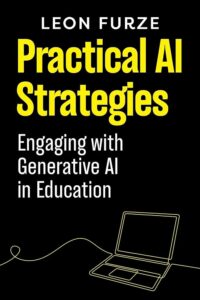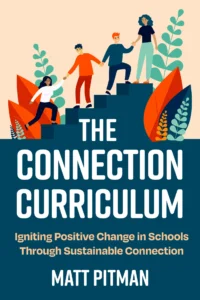During a time when students (and teachers) are online more than ever, Joe Clements and Matt Miles’ book, Screen Schooled, could not be more relevant. They challenge our reliance on digital devices in the classroom and encourage educators to reflect on our practices.
Now, I have many colleagues who are responsible for digital learning at their school and I can appreciate how they may get to about chapter 4 of this book and think the shredder is a better option. However, my advice is to read on, as Clements and Miles are not advocating for the withdrawal of ICT* completely but in fact they make a case for simpler, smarter and more effective forms of teaching and learning.
Some of the key themes in relation to schools were:
- School should focus on systemic investment which will improve teacher efficacy and strengthen student-teacher relationships. This should take priority over investing in more technology.
- Encourage students to work with a partner rather than with their computer.
- Focus instructions on skills, over content.
- Foster face to face interaction.
The best way to summarise Screen Schooled is ‘Use technology to support, not replace instruction’.
*Information and Communication Technology






